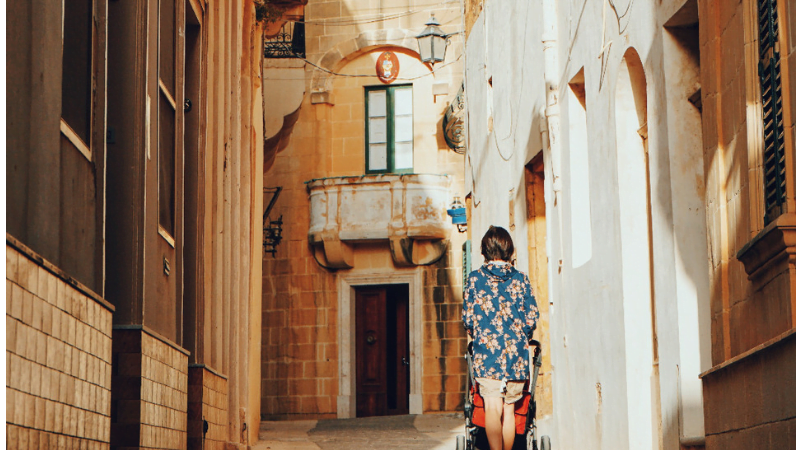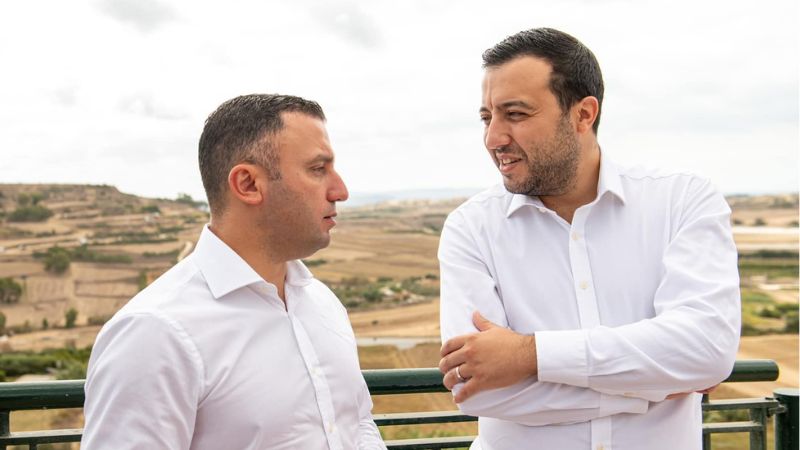Last week, Josanne Cutajar, a senior lecturer at the Faculty for Social Wellbeing warned that the issue of poverty is much bigger than it seems.
Addressing a conference organised by Anti-Poverty Forum Malta, Cutajar said that wages are not growing at the same rate as the profits raked in by employers and big business and called for an increase in wages.
“Why is it so difficult to have a wage which is enough for one not to depend on social benefits?” she asked, adding that while workers, especially foreigners, are often turned into scapegoats, employers who do not pay sufficient wages get away with it.
The perception created by government’s spin masters and its media mercenaries is that poverty in on the wane.
This claim is normally followed by a tedious litany which goes something like ‘lowest unemployment, biggest growth rate, free child care, gay marriage, I’ve never heard of 17 Black and Joseph il-king.’
But that is the perception. In reality some 80,000 people in Malta are living in poverty or at risk of poverty.
If Malta is serious about its fight against poverty than we should fight against the reality and not rest on our perceived laurels.
We should not judge a government by how many passports it flogs to the global rich and robots or by its obsession with cryptocurrencies.
Instead we should judge our government by how serious it is in fighting poverty, inequality and homelessness.
This can only be achieved through policies designed to reverse the trends of rising poverty and precarity.
Wages can and must be increased. The minimum wage increase agreed before last year’s election was a cosmetic exercise which did not improve the quality of life for low-income earners.
€750 a month does not guarantee a decent standard of living for a family of four. And working ungodly hours in precarious conditions to make ends meet does not leave much time for critical thought and political engagement.
As we have seen in the US, Britain and various other European countries the rise of the far-right is fuelled by growing discontent among the poorer classes or the so-called ‘left behind.’
If things get worse and inequalities keep growing in Malta I do not expect to see a ‘gilets jaunes’- style insurrection but the effects on the people will be equally devastating.
In reality, the Labour government has done very little for the most vulnerable. Despite multiple promises of massive investments in social housing, Joseph Muscat’s government has not built one single unit since being elected in 2013. Yet, more and more people are opting to live in garages or inhabitable dwellings.
Then there is corruption, which is often overlooked in correlation to poverty. Corruption often conjures up images of rich people getting richer. But in reality, corruption’s links to poverty are far more pervading. Corruption delays, distorts and diverts economic growth and when corruption is held in check, it benefits the whole of society.
Research conducted by Transparency International, the global anti-corruption movement, shows that less bribery means less maternal mortality, better literacy among young people and better access to sanitation.
And higher wages and better working conditions will decrease the temptations to outsmart the system by not paying VAT, under-declare income or leech on government.
Poverty triggers corruption and corruption deepens poverty and as the recent report by the European Greens shows, the money lost to corruption could go a long way to improve our quality of life.
However, as long as poverty and corruption remain invisible or collateral damage of progress, we will have to make do with statistics, slogans and spin.












